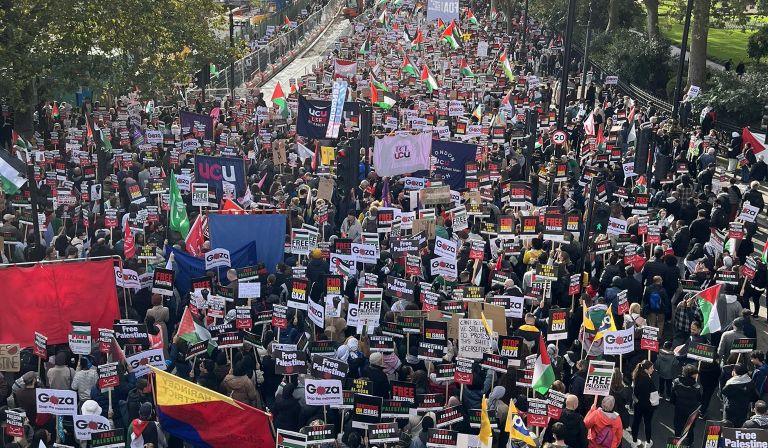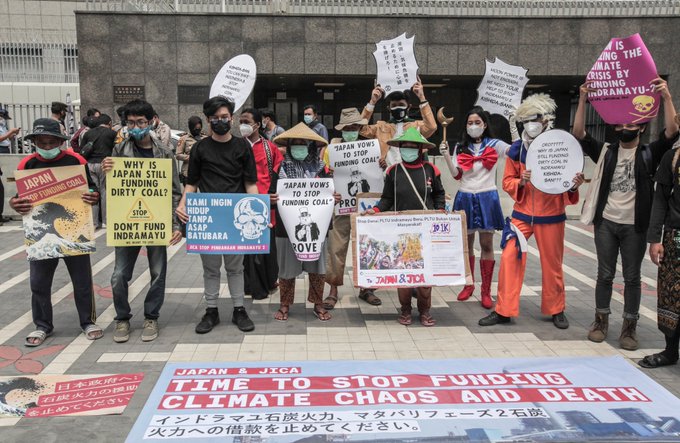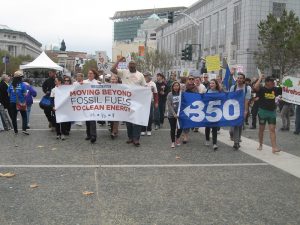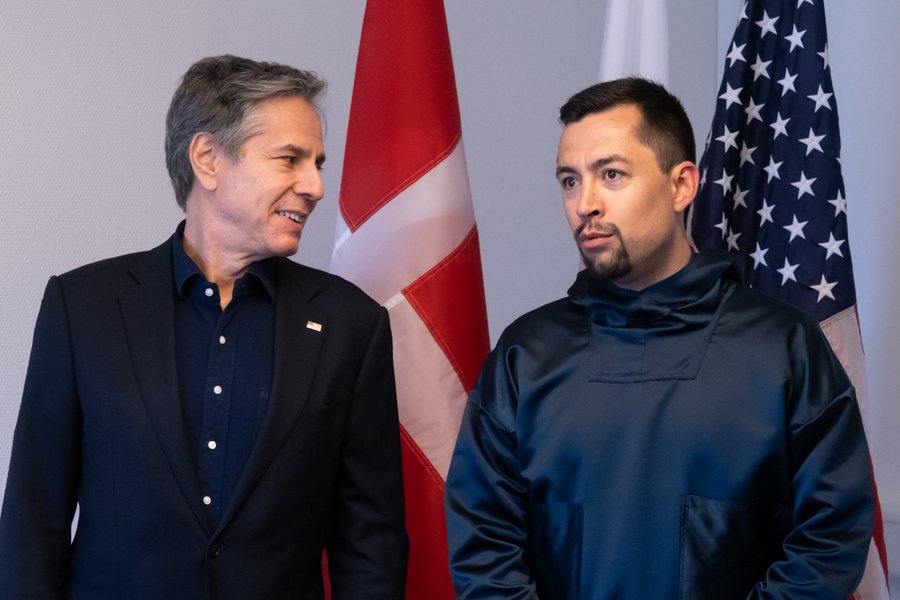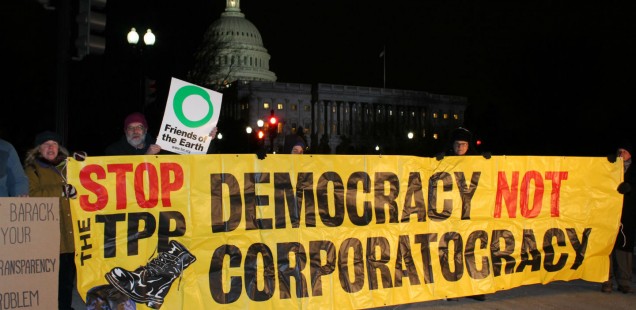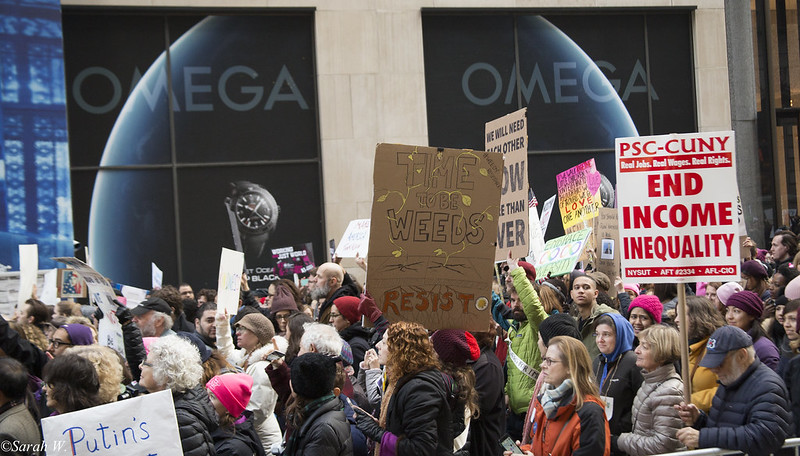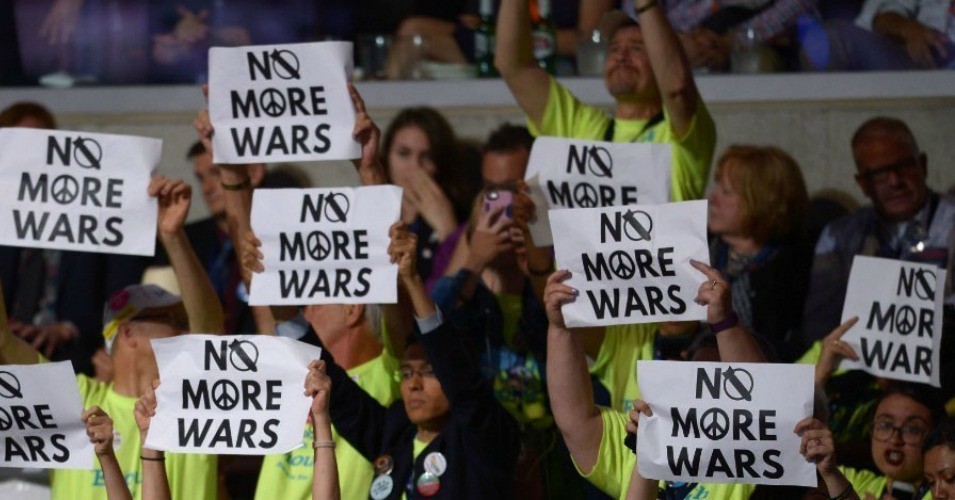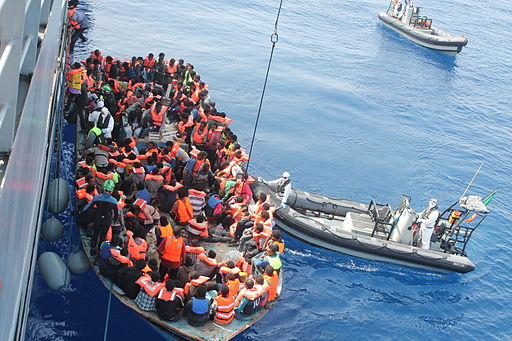“Countries must reverse these funding suspensions, uphold their duties towards the Palestinian people, and scale up humanitarian assistance for civilians in dire need in Gaza and the region.”
By Brett Wilkins. Published 1-29-2024 by Common Dreams
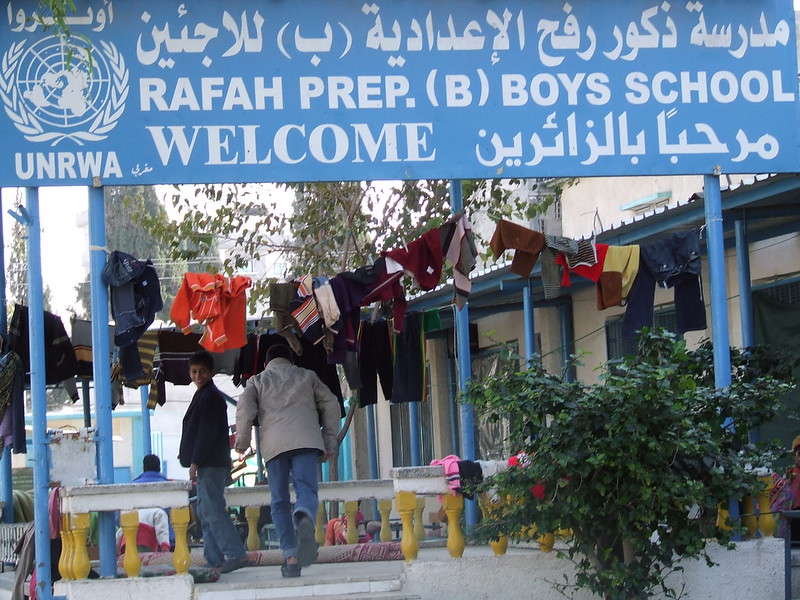
More than 20 humanitarian aid organizations on Monday condemned the decision by the United States and a growing list of nations to suspend funding for the United Nations agency that provides vital services to Palestinians suffering through a genocidal Israeli assault on the Gaza Strip.
Following Israeli claims—reportedly extracted from Palestinian prisoners in an interrogation regime rife with torture and abuse—that 12 of the more than 13,000 United Nations Relief and Works Agency for Palestine Refugees in the Near East (UNRWA) workers in Gaza were involved in the October 7 Hamas-led attacks on southern Israel, the United States and nine other nations cut off funding to the largest humanitarian aid organization operating in the besieged coastal enclave.
Continue reading

